Key messages in this report
• Behaviour change is essential for achieving climate and environment goals, and for delivering wider benefits.
• The Government’s current approach to enabling behaviour change to meet climate and environment goals is inadequate to meet the scale of the challenge.
• The public want clear leadership on the areas of behaviour change they should prioritise, and they want the Government to lead a coordinated approach to help them adapt by making change easier and fairer.
• Priority behaviour change policies are needed in the areas of travel, heating, diet and consumption to enable the public to adopt and use green technologies and products and reduce carbon-intensive consumption.
• There is a need for greater leadership and coordination across Government departments and with wider society on behaviour change for climate and environmental goals.
• The Government needs to provide a positive vision and clear narrative on how the public can help achieve climate and environment goals, and to lead by example.
• Information is not enough to change behaviour; the Government needs to play a stronger role in shaping the environment in which the public acts, through appropriately sequenced measures including regulation, taxation and development of infrastructure.
• Fairness is key to effective behaviour change.
• Businesses have a critical role to play in enabling behaviour change through increasing the affordability and availability of greener products and services, and engaging customers and employees.
• Government should also support and celebrate civil society organisations, faith communities and local authorities delivering local behaviour change projects.
• Government should learn from examples of where it has effectively enabled behaviour change, including during the COVID-19 pandemic, as well as from past failures.
Travel
Browse the articles related to this topic below.
Join our community on Guilded.
Abstract
The present coronavirus crisis caused a major worldwide disruption which has not been experienced for decades. The lockdown-based crisis management was implemented by nearly all the countries, and studies confirming lockdown effectiveness can be found alongside the studies questioning it. In this work, we performed a narrative review of the works studying the above effectiveness, as well as the historic experience of previous pandemics and risk-benefit analysis based on the connection of health and wealth. Our aim was to learn lessons and analyze ways to improve the management of similar events in the future. The comparative analysis of different countries showed that the assumption of lockdowns’ effectiveness cannot be supported by evidence—neither regarding the present COVID-19 pandemic, nor regarding the 1918–1920 Spanish Flu and other less-severe pandemics in the past. The price tag of lockdowns in terms of public health is high: by using the known connection between health and wealth, we estimate that lockdowns may claim 20 times more life years than they save. It is suggested therefore that a thorough cost-benefit analysis should be performed before imposing any lockdown for either COVID-19 or any future pandemic.
Conclusions
While our understanding of viral transmission mechanisms leads to the assumption that lockdowns may be an effective pandemic management tool, this assumption cannot be supported by the evidence-based analysis of the present COVID-19 pandemic, as well as of the 1918–1920 H1N1 influenza type-A pandemic (the Spanish Flu) and numerous less-severe pandemics in the past. The price tag of lockdowns in terms of public health is high: we estimate that, even if somewhat effective in preventing death caused by infection, lockdowns may claim 20 times more life than they save. It is suggested therefore that a thorough cost-benefit analysis should be performed before imposing any lockdown in the future.
If you are not fully vaccinated, you still have plenty of options when it comes to holiday destinations. However, you may need to take a Covid test before travel and/or on arrival. A period of quarantine — either in an accommodation of your choice or at a government facility — may also be mandatory. In some cases you may be able to get around these extra requirements by showing proof of recent recovery from Covid, or a medical exemption from getting vaccinated.
The World Health Organization will convene member states and leaders of Covid-19 immunization credential technology groups to recognize different vaccine certificates across nations and regions, a top Vaccination Credential Initiative official told POLITICO’s Ben Leonard.
TheWHO is bringing together the groups to develop a “trust framework” that would allow countries to verify whether vaccine credentials are legitimate, said Brian Anderson, chief digital health physician at MITRE and a co-founder of the VCI.
Remaining restrictions on travel could be reviewed before Easter but some laws introduced during the pandemic will be made permanent, according to the Government’s plan for living with coronavirus.
The legal requirement to isolate is to be scrapped within days as the Prime Minister vowed to remove “all remaining domestic restrictions in law”.
The Government’s Living with Covid plan sets out its intention for other legal provisions to remain indefinitely, while others will be reviewed at a later date.
A government research paper recommending people “shift dietary habits” towards plant-based foods has been hastily deleted.
The paper focuses on changing public behaviour to hit climate targets and also suggests promoting domestic tourism and portraying business travel as an “immoral indulgence”.
…In a chapter in the deleted document titled “Applications to Net Zero Policy”, under the subheading “Diet Changes”, researchers recommend following the example of the sugar levy with a tax on producers or retailers of “high-carbon foods” to incentivise “reformulation and diversification” towards more plant-based and local food types.
http://archive.today/2021.10.20-142900/https://www.bbc.com/news/business-58981505
A blueprint to change public behaviour to cut carbon emissions, which includes levies on high-carbon food and a reduction in frequent flying, was published alongside the government’s net zero strategy on Tuesday, before being withdrawn within a few hours.
The research examined data from almost 10,000 passengers on Delta’s Covid-tested flights between New York-JFK and Atlanta to Rome.
It found that a single Covid-19 molecular test performed within 72 hours of departure could decrease the rate of people actively infected on board to a level that is significantly below active community infection rates.
For example, when the average community infection rate was at 1.1% – or about one in 100 people – infection rates on Covid tested flights were 0.05% or five in 10,000 passengers.
What [covid jabs] won’t do, according to an increasing body of evidence, is prevent you from being a carrier and thus a danger to others. This somewhat defeats the whole point – and is certainly the only reason international travel has resumed of late.
Last week, in news that hasn’t got nearly enough airtime, Public Health England said in a statement: “Some initial findings […] indicate that levels of virus in those who become infected with Delta having already been vaccinated may be similar to levels found in unvaccinated people. This may have implications for people’s infectiousness, whether they have been vaccinated or not.”
Two passengers who shared a room onboard Celebrity Cruises’ Celebrity Millennium ship, which was carrying only fully vaccinated passengers and crew, have tested positive for COVID-19, the cruise line said in a statement.
“The individuals are asymptomatic and currently in isolation and being monitored by our medical team,” Celebrity’s statement read. “We are conducting contact tracing, expediting testing for all close contacts and closely monitoring the situation.”
https://news.yahoo.com/two-passengers-celebrity-millennium-100-223310645.html
Plans for the use of Covid-19 passports as a legal requirement for entry to large events this summer are set to be dropped, according to a report.
Officials working on the ongoing Covid-19 status certification review do not believe that the law will be changed to mandate their use in the UK, with one government source claiming that the plans were “dead”, The Telegraph reported.
“It’s not a case of ‘it’s finely balanced’. It’s not going to happen,” the source told the newspaper.
Rob Verkerk, Founder, Executive and Scientific Director of the Alliance for Natural Health International, a scientist who has for 30 years been exploring positive ways to span the gulfs between science and the law, between academia and industry, and between governments and their people.
Backup mirror:
The travel and tourism industry has been one of the sectors hit hardest by the pandemic, with lockdowns and travel restrictions all but shutting business at times.
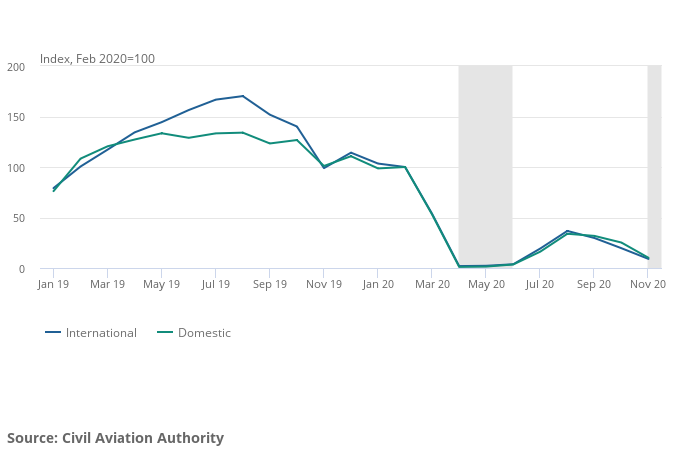
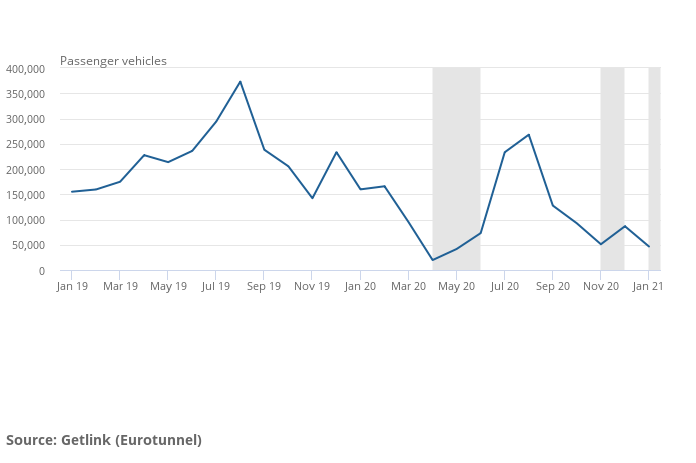
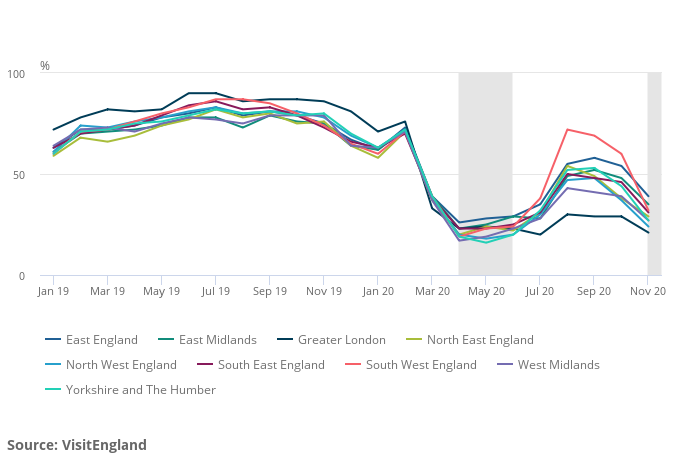
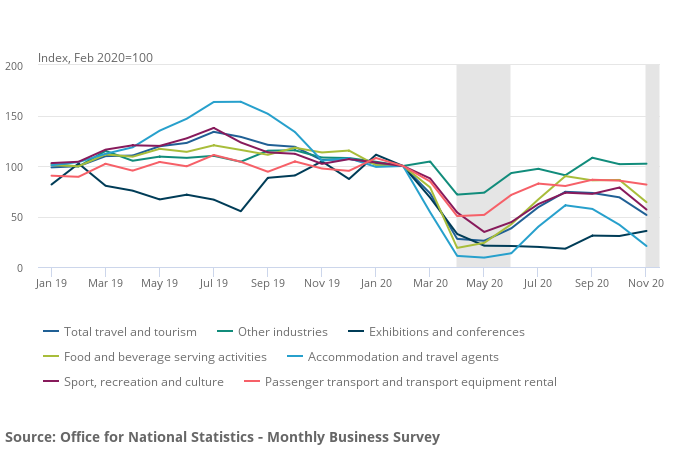
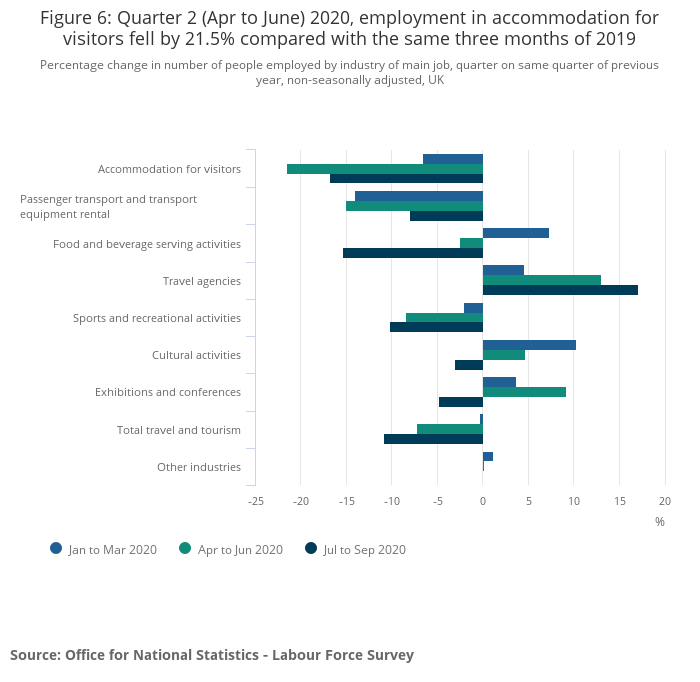
But then Ministers discarded a decade of planning in a few hours and embarked on a sinister and untried experiment with the lives of millions. They ordered a national lockdown which was both coercive and indiscriminate.
That decision, I believe, was nothing to do with the science. They were panicked to act by seeing recently ordered lockdowns in Italy, France and Spain, following the lead of totalitarian China. Ministers seemed convinced that the public would blame them if they failed to do what other nations were doing.
Opponents claim exemptions to rules could mean great economic pain for little public health benefit